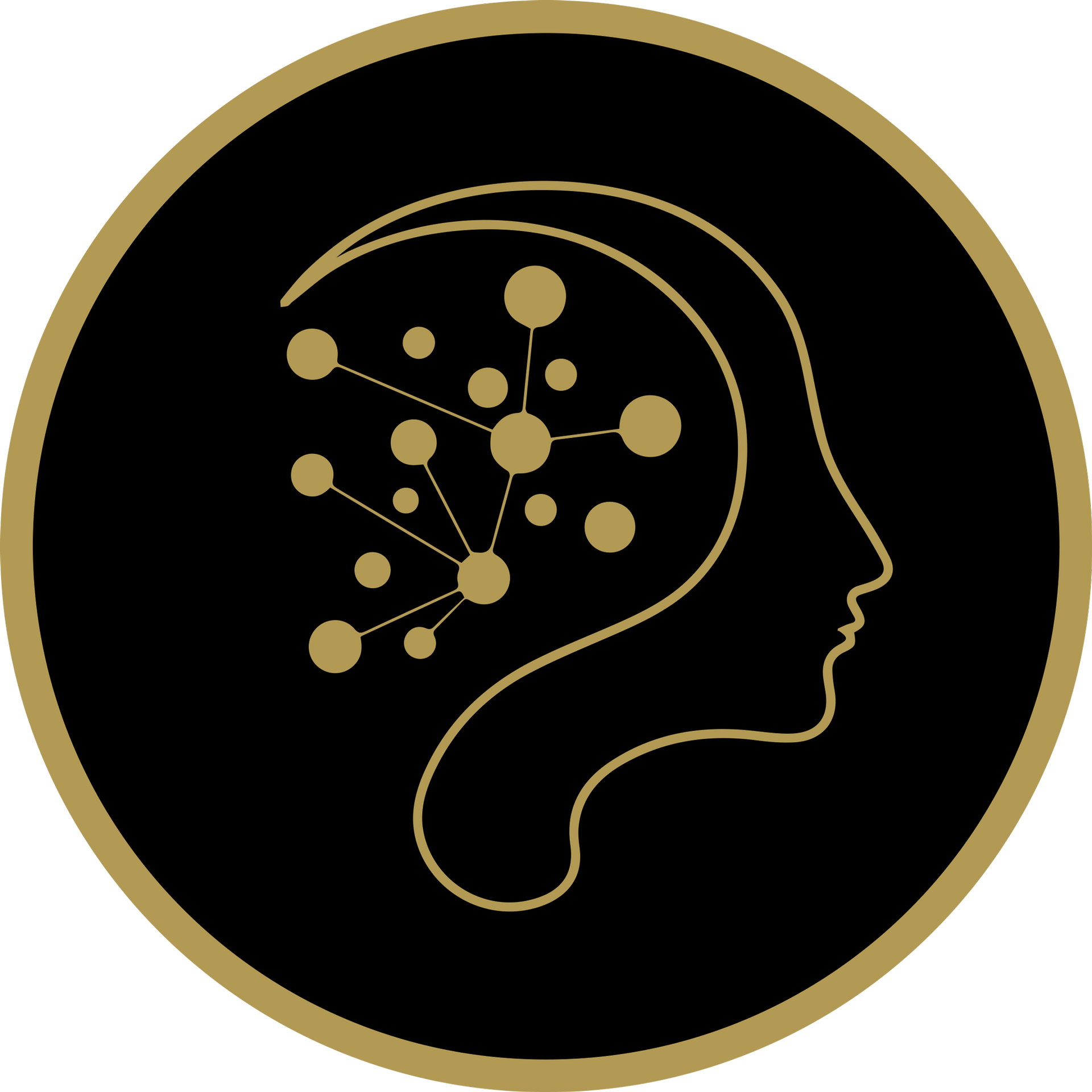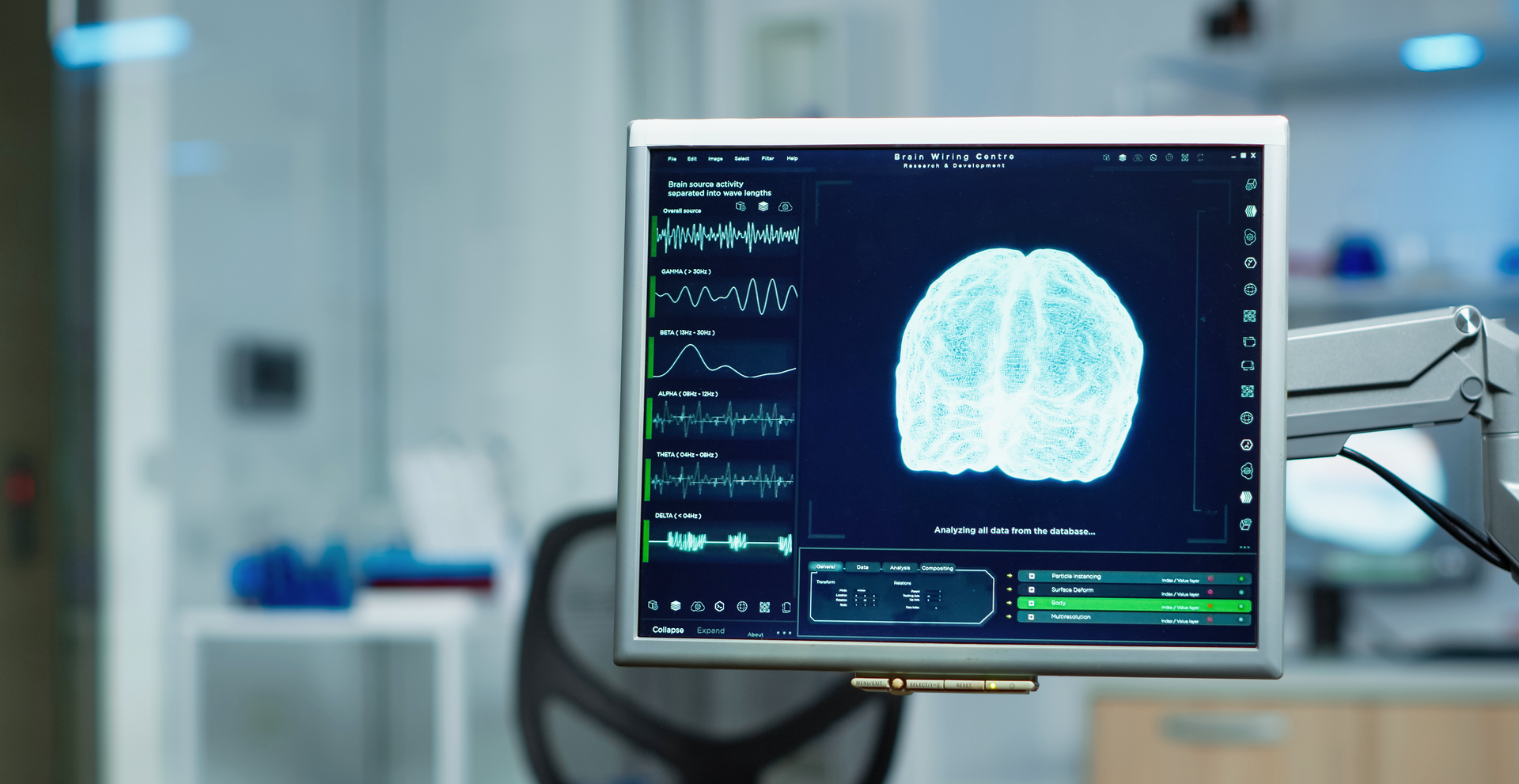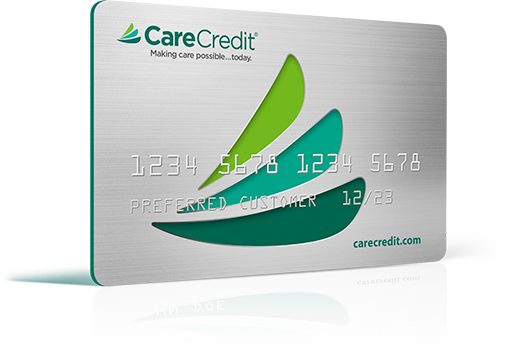
The Brighter Side of the Brain: Exploring TMS for Depression
Navigating the maze of mental health care can be daunting—each fork in the road holds different modalities, each promising a route to relief. Among these, a rising star called Transcranial Magnetic Stimulation (TMS) has garnered attention for its innovative approach and success in treating depression.
In an era where mental health conversations are increasingly destigmatized, TMS stands out as a beacon of hope for those seeking alternatives to traditional pharmaceutical and talk therapies.
This blog post is a detailed guide designed to illuminate the often shadowy process of TMS treatment—shedding light on what it is, how it works, and who it might be best suited for.
Unpacking TMS: A Crash Course
What Is TMS?
At its core, TMS is a non-invasive procedure that uses magnetic fields—similar to those of an MRI machine—to stimulate nerve cells in the brain. It's a relatively recent development, approved by the FDA in 2008, which means it’s still a burgeoning frontier in psychiatric medicine.
How Does TMS Work?
During a TMS session, an electromagnetic coil is placed against the patient's scalp near the forehead. This coil delivers a focused magnetic pulse that stimulates the brain's nerve cells, specifically those associated with mood regulation and depression.
The process involves repeated treatments over several weeks, with each session lasting anywhere from a few minutes to an hour.
Is TMS Safe?
In general, TMS is considered safe and well-tolerated. It lacks many of the side effects that often accompany traditional treatments like antidepressants since it does not require any systemic exposure to drugs.
Of course, individual responses can vary, but the most common potential side effects are generally mild, such as headache or scalp discomfort during application.
Who Is TMS For?
Understanding the Patient Profile
TMS research has been most promising for individuals who have not found success with traditional antidepressants, or who cannot tolerate the side effects of those medications. It's also a beacon for those who are looking for a way to manage their depression that doesn't involve a lifetime dependency on medication.
Clinical Criteria for TMS
The TMS guideline often includes the following criteria:
- Diagnosis of major depressive disorder
- Refractory to at least one antidepressant
- No contraindications based on medical and psychiatric history
- Willingness to undergo the prescribed number of treatments
Limitations and Considerations
However, it's essential to note that TMS is not a one-size-fits-all solution. It may not be suitable for all types of depression or for individuals with certain medical conditions, such as implanted medical devices, which could be affected by the magnets used in TMS. Additionally, the treatment regimen can be quite demanding, requiring multiple sessions per week for several weeks.
The TMS Journey: From Consultation to Completion
The Initial Consultation
The TMS experience begins with an initial consultation with a psychiatrist specializing in TMS. This is a key step where the patient's medical history and symptoms are reviewed to determine if TMS is a viable treatment option. Discussions during this appointment often include realistic expectations, commitment to the treatment schedule, and the potential duration of the TMS protocol.
The Treatment Process
Once cleared for treatment, patients can expect to undergo sessions that follow a specific protocol. The frequency and intensity of treatments are tailored to the individual's needs and symptom severity, with providers typically increasing or decreasing intensity based on patient response.
Monitoring Progress
Throughout the TMS course, it's common for providers to utilize rating scales to measure changes in a patient’s depression severity over the treatment period. This data helps adjust the treatment as needed.
Reflection on Results
After completing the recommended number of TMS sessions, patients and providers reflect on the overall impact. Success can look like reduced depression symptoms, improved mood, and a better quality of life. In some cases, additional "maintenance" TMS sessions may be recommended to sustain the positive effects.
The Cost of Illumination: TMS and YouR WALLET
Since TMS is a relatively new treatment, the cost and coverage can vary. Many insurance plans now cover TMS for depression that meets specific criteria, but out-of-pocket costs are a reality for some. Speaking directly with a provider's billing department and insurance companies before beginning TMS can shed light on financial commitments.
Comparing the Investment
While initial costs may be higher than some more traditional treatments, TMS offers a unique value proposition in its ability to provide sustained relief, often reducing the need for long-term medication management. It’s important to weigh the financial investment against the potential reduction in lifetime mental health care costs.
Potential Outcomes and Realistic Expectations
TMS Success Rates and Expectations
Research into TMS’s effectiveness has yielded encouraging outcomes, especially for those with treatment-resistant depression. Success can be defined as a 50% or greater reduction in symptoms. It's important to manage expectations and recognize that individual results can vary.
Factors Influencing Results
Several factors can influence the degree of TMS effectiveness, including the severity of the depression and the patient's overall health. Communicating openly with providers about progress, or lack thereof, is crucial.
The TMS Conversation: Opening New Doors
A Shift in the Mental Health Paradigm
TMS represents a substantial shift in the way we approach and treat mental health disorders. By providing a novel avenue for patients to receive relief, it contributes to a growing conversation around personalized medicine and non-pharmaceutical interventions.
Sparkling the Stigma
One of the most significant contributions of TMS is how it aids in destigmatizing mental health care. By demonstrating the effectiveness of alternative treatments, TMS helps people view depression as a medical condition worth treating with the most advanced tools in our arsenal.
Preparing for the TMS Experience
Informing and Preparing the Mind
Intelligible information is an invaluable tool when beginning TMS. Knowing what to expect can help create a mindset conducive to the treatment process.
Incorporating TMS into an Overall Wellness Plan
TMS is often most effective when coupled with other aspects of a comprehensive wellness plan. This might include therapy, regular exercise, and a balanced diet, among other lifestyle adjustments.
The Future of TMS: Where Magnetic Minds Might Lead
Innovations in TMS Technology
The future of TMS is an exciting prospect, with ongoing research focusing on even more targeted and personalized treatment options.
Expanding TMS to Other Mental Health Areas
While TMS is currently approved for depression, ongoing research is exploring its potential in other mental health areas, such as anxiety disorders, bipolar disorder, and even neurological conditions like Alzheimer's.
CONCLUSION
The roads to well-being are many, and TMS stands out as a unique path—one that holds promise for many navigating the labyrinth of depression. Armed with the knowledge presented in this post, individuals can approach the prospect of TMS with a blend of excitement and pragmatism.
When considering TMS as a treatment option, remember that knowledge is power. Knowing the details of how it works, who it's for, what the process looks like, and what outcomes to expect arms patients with the resources they need to make educated decisions about their mental health care.
Ultimately, the story of TMS is one of empowerment—of taking an active role in one's own healing and seizing hold of a brighter future. It's a tale worth telling, an innovation worth exploring, and a conversation worth having.
In the end, a mutual understanding of the mind and the machines that can heal it will guide us toward a world of mental health where the word ‘treatment’ is synonymous with ‘hope.’
ABOUT US
Having the right treatment options and support system is crucial when fighting a battle against depression. At SW Florida TMS & Ketamine, we are here to help you fight the battle against depression and other mental health issues such as anxiety, OCD, PTSD, and more.
We use traditional modern methods to treat these health problems and will derive a treatment plan best suited to your condition. You can reach us at (239) 935-5599 or fill out our contact form to learn more about our treatment options. Don’t worry you are not alone!
MENTAL HEALTH SERVICES
BOOK A CONSULTATION
Knowing that you are not alone is of utmost importance. Seek assistance for depression today!
OUR SERVICE SUPPORTS MENTAL WELLNESS
- Depression
- Lack of Joy
- Sadness and Despair
- Low Mood
- Lethargy
- Insomnia
- Oversleeping
- Social Isolation
- Self-Harm
- Substance Abuse
- Suicidal Ideation
- Alcoholism


Ready to get started?
The TMS and Ketamine Clinic of Southwest Florida is deeply committed to your mental well-being. Whether you're a Fort Myers resident or commuting from the surrounding area, our experienced psychiatrist and trained mental health professionals are here to guide you toward a life of clarity and purpose. Many of our FDA-cleared mental health treatments, including TMS therapy, Ketamine infusion therapy, and SPRAVATO® esketamine treatment, are non-invasive and covered by insurance, ensuring accessible depression and anxiety treatment for those in need.
Take the first step toward a better life—seek help today!
FLeXIBLE financing options available
CareCredit is a health and wellness credit card that provides flexible financing options, allowing you to pay over time for the care you desire or require. Accepted at more than 260,000 locations, we are delighted to provide CareCredit to individuals in need of financial support for their TMS or Ketamine treatment. If you have any questions, please reach out to one of our team members for additional details. Also, you can easily scan the QR code displayed here to prequalify or conveniently pay your bill online.


MAIN LINKS
TREATMENTS
All Rights Reserved | SW Florida TMS




